Call for emergency response to alcohol deaths
- Published
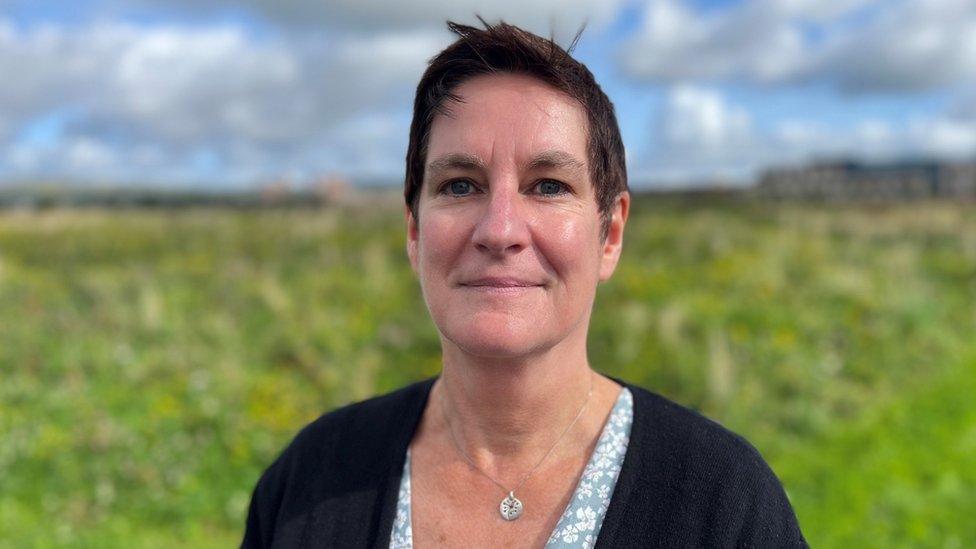
Justina Murray is calling for more action to tackle the marketing of alcohol, its availability and price
Deaths from alcohol needed to be treated as seriously as drug fatalities, a campaigner has said.
Last week, figures showed the number of drug deaths in Scotland had gone down for the first time in five years.
New figures out on Tuesday could show that the number of alcohol-specific deaths is higher than drug deaths.
Justina Murray from Scottish Families Affected by Alcohol and Drugs said: "We are definitely not doing enough."
She called for more action such as better access to recovery services and an increase in the minimum price of alcohol.
"We have seen a 40% reduction in treatment services in Scotland over the past decade," she said.
"In the meantime we have seen deaths continue to climb so treatment is a huge issue but also Scotland's 'alcohol everywhere' culture is really damaging.
"There is practically nowhere that you can go in Scotland that's an alcohol free space."
She added: "We have seen a real emergency response to Scotland's drugs crisis but we can't see the same response in terms of alcohol.
"Far more people have died through alcohol in Scotland and there is far more harm. So it is really concerning to see the ongoing trend in terms of alcohol deaths."
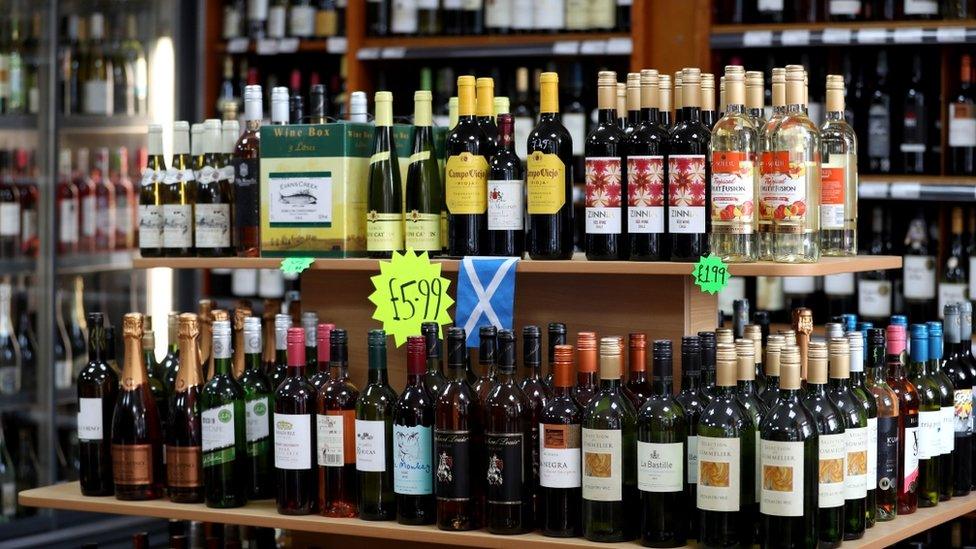
A 50p minimum price per unit of alcohol was implemented in May 2018
The latest figures showed that 1,051 people died of drug misuse in 2022, the lowest level in five years.
They came after years of concerted effort by the government, including the appointment of a minister to deal with the problem.
Last year's figures for alcohol-specific deaths showed 1,245 people died from conditions caused by alcohol in 2021, the highest level since 2008.
Ms Murray called for more action to tackle marketing, availability and price.
She said the minimum unit pricing policy had proved to have an effect on drinking but the price was set a decade ago and needed to increase.
She said it should increase from 50p to 65p per unit and rise every year in line with inflation.
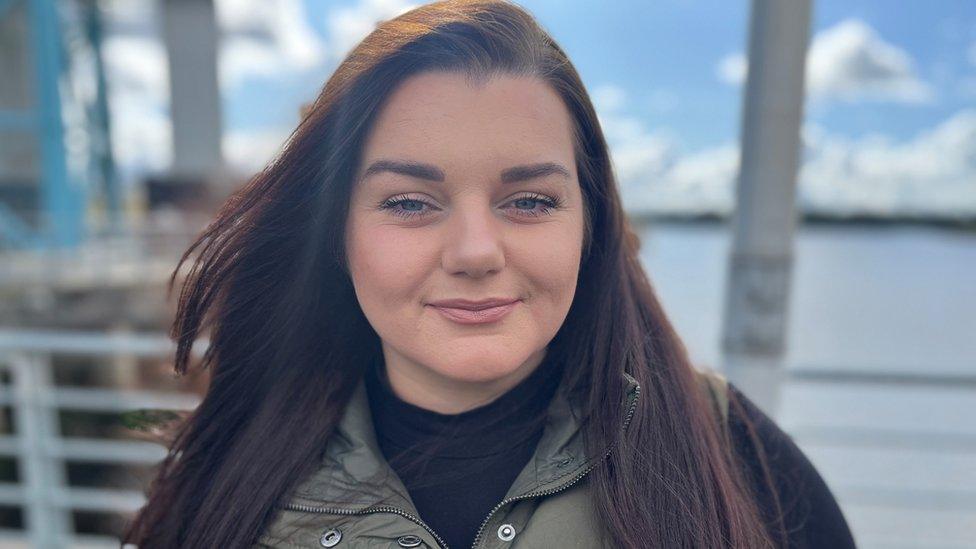
Heather McGeechan says her mum was a "problem drinker"
Heather McGeechan's mum Kathleen died in 2020 at the age of 61.
She says her mum begged doctors for rehab but was turned down. She died six weeks later.
Heather says her mum was always a problem drinker but it was only in later years that she admitted to being an addict.
She says she was given detox treatment but it only lasted two weeks and there was no ongoing support to deal with psychological issues related to childhood trauma.
"I think she needed rehab," she says.
"She needed somewhere to go [where people] would spend time with her, get to know her, detox her and work on her psychological problems."
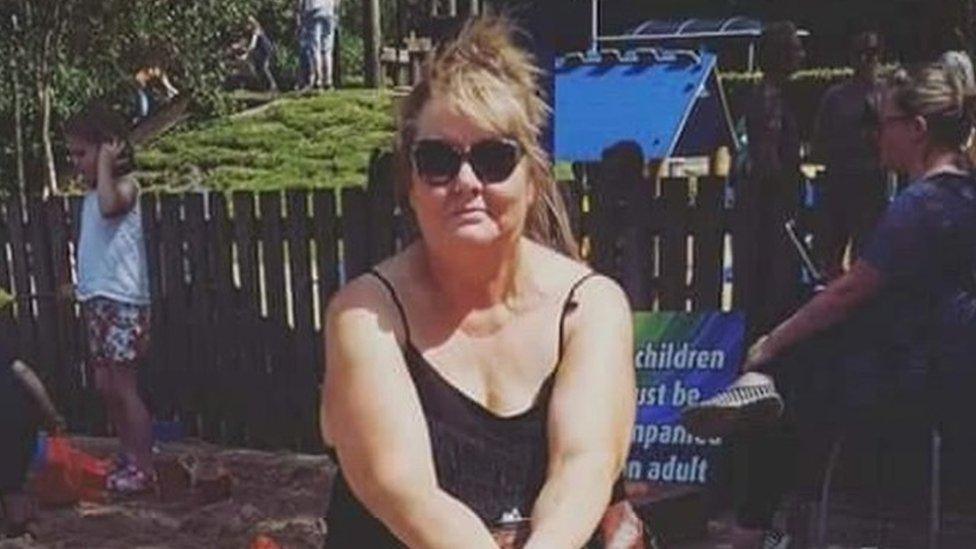
Kathleen Mulligan died in 2020 at the age of 61
Heather says that during her childhood her mum was a Jekyll and Hyde character who would swing from being her best friend to someone she needed to avoid.
She managed to hold down a job and talk of alcoholism was not allowed.
However, in her final few years her mum did attend AA and community groups but Heather says the support was not regular enough and it all ended during the Covid pandemic.
Her drinking became much worse during the isolation of lockdown.
"The deterioration happened fast," she says. "She looked like she had aged 20 years. It was frightening.
"That's not the way I want to remember my mum but unfortunately it is stuck in my head.
"People think it is a choice. It isn't it is an illness."
Related topics
- Published22 August 2023
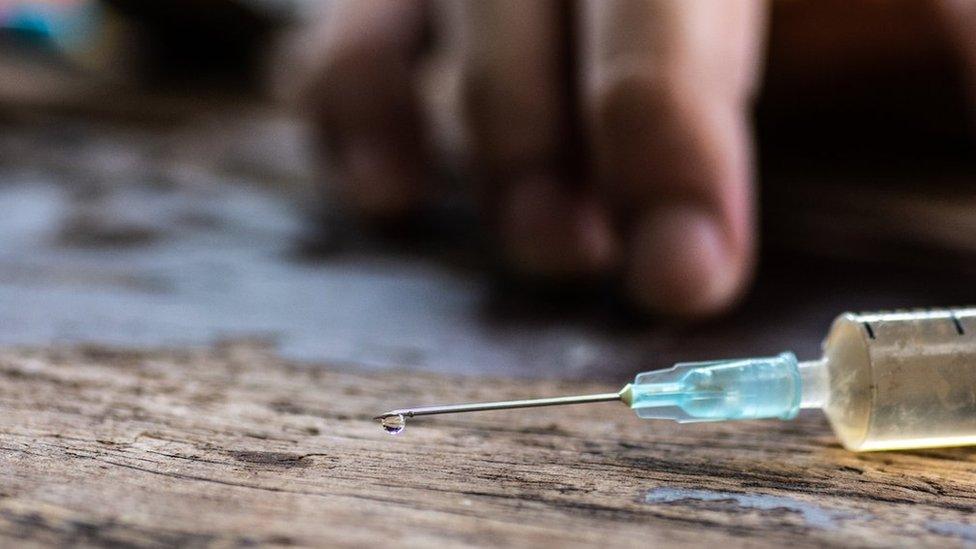
- Published19 April 2023
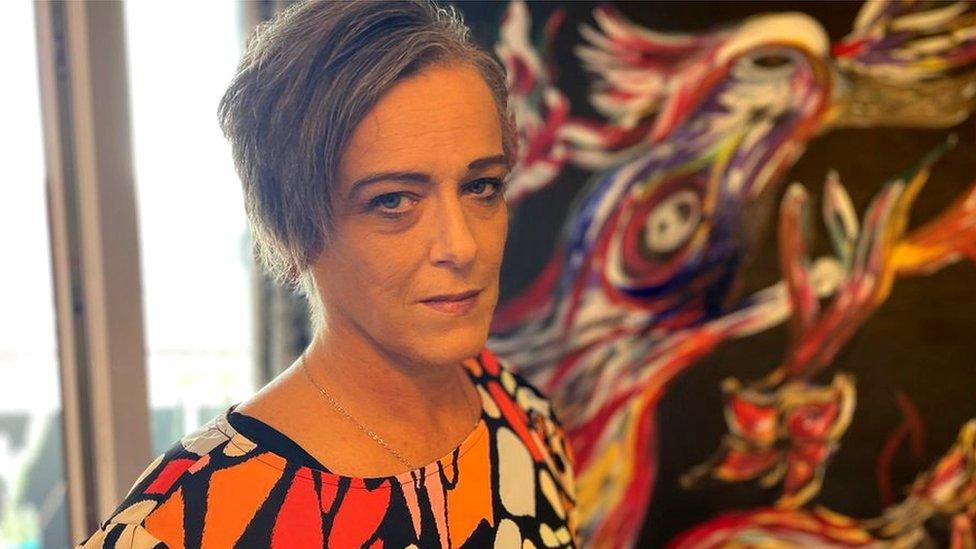
- Published4 August 2022
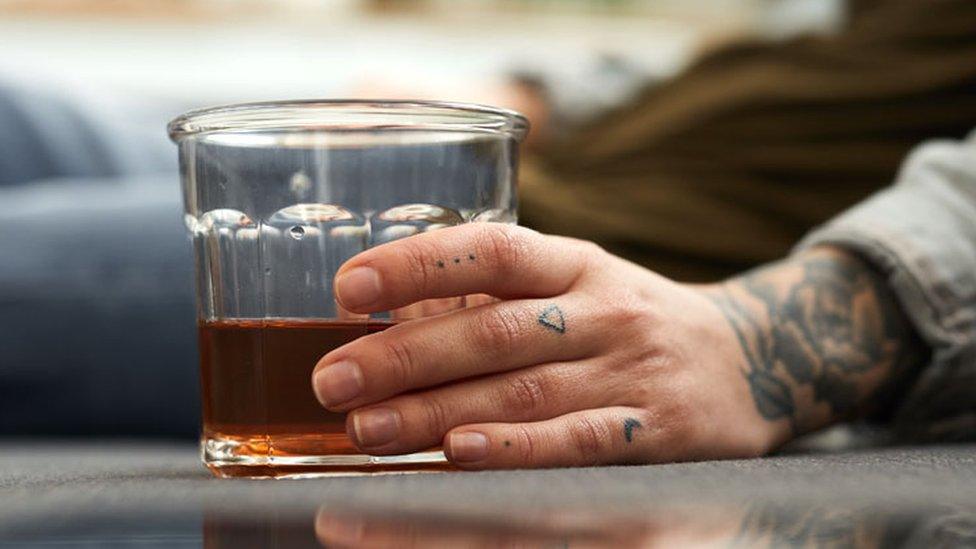
- Published21 March 2023
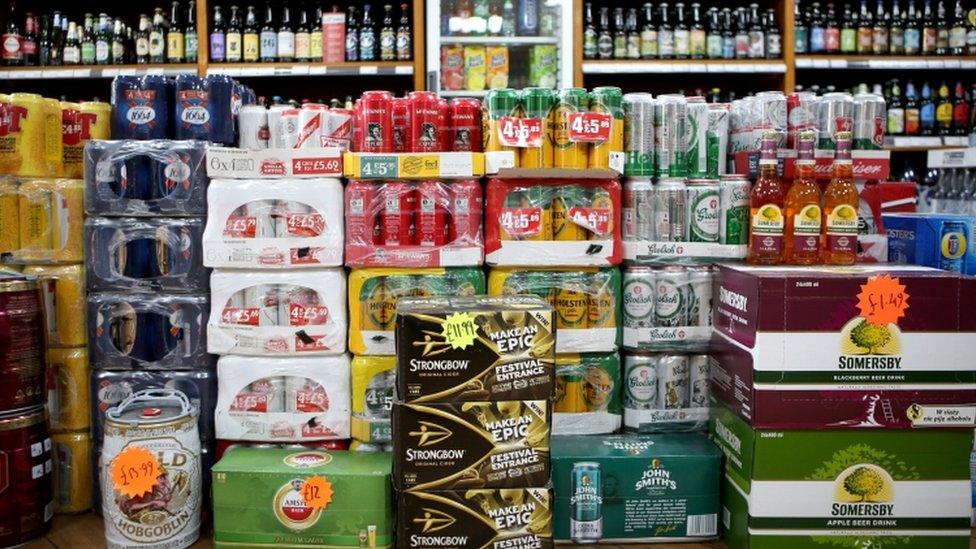
- Published17 August 2021
